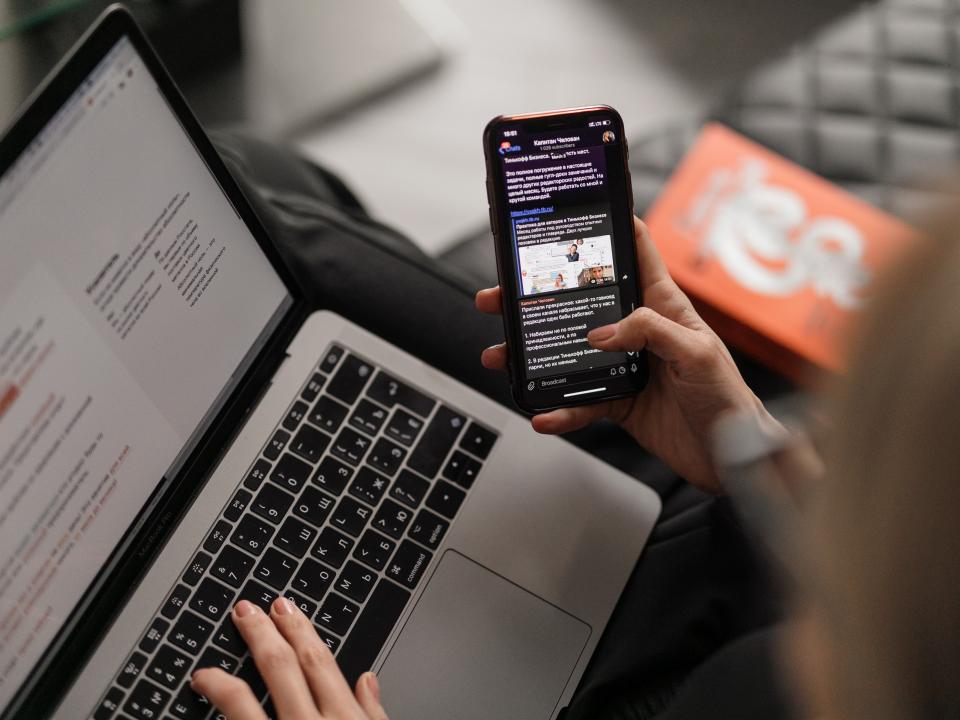South Korea was one of the first countries to implement a national mandate for online learning in response to the pandemic.
This has given me and my research team a unique opportunity to use surveys and focus groups to identify some of the important challenges faced by students learning remotely. Perhaps the most fundamental has been the lack of adequate instructor feedback.
The vast majority of students in our study indicated that feedback was significantly reduced in online learning, compared with offline.
One student expressed their frustration, saying, “When I am in a regular [offline] class, I can raise my hand at any time and ask a question. In an online class, I don’t have the same freedom. Even if the class is being conducted live on Zoom, it is hard to ask questions because only one person can speak at a time so I feel I would be [holding up] the class by asking. For recorded lectures, it is even worse: many professors don’t have or don’t use online message boards, so it is often difficult to ask questions in a way that does not seem intrusive.”
- Collective advice on what good assessment looks like online
- A beginners’ guide to teaching online
- How to support collaborative learning in the digital space
Using message boards to provide feedback
Although course-specific message boards can offer an efficient, centralised way to interact with students, our research suggests that students are often hesitant to use them because doing so is essentially a public admission to not knowing something.
This is often why, even in offline courses, many students prefer asking questions after class instead of during.
Another common concern is the lack of immediacy, with students often waiting days for queries to be resolved.
As one student put it, “The professor does answer all student questions, but we often have to wait [several days] for them. I understand [he/she] is very busy but getting feedback late can be very frustrating because the answer you are waiting for may sometimes be critical to understand what you are trying to study at that moment. If the feedback is slow, it is like your brain is paused indefinitely until you get an answer.”
Testing instant messaging to provide feedback
To help address these concerns, the instructors in our programme used instant messaging instead of message boards.
All students on a course were put into a group chat with their instructor and explicitly told they could ask questions at any time through personal one-to-one messaging.
We then tested two response strategies.
In the first, instructors responded daily to new questions at a pre-determined time, much like a virtual office hour.
In the second, the instructor tried to respond to new questions within an hour.
Student feedback on instant messaging
Student feedback indicated that both strategies were much more satisfying than message boards. There was also a clear preference for the faster method, indicating that real-time feedback was most beneficial for learning.
Of course, trying to respond to all questions within an hour can be difficult and sometimes impossible.
Student participants were very understanding of these limitations, holding the preference for faster feedback despite knowing that they might sometimes have to wait until the next day to get an answer.
Several mentioned that they had changed their study time to an earlier hour when they knew the instructor was more responsive. This highlights the willingness of some students to coordinate with instructor availability to help facilitate more effective study.
Another advantage of instant messaging was the ability to share answers. Since many students often have similar questions, the group chat was used to repost answers to individual queries. These reposts were done anonymously so the original student asking the question was not revealed.
Post-learning feedback indicated that students greatly appreciated this constant repository of clarifications. Students who did not ask questions often said the reposts were the reason why, saving them the need to ask their own.
Given the data we collected, it seems unlikely that pandemic-era distance learning in its current form is here to stay.
Nevertheless, as universities continue to expand their digital capacities, the opportunities for targeted online learning support to complement in-person teaching will only increase, highlighting the importance of understanding and addressing its limitations.
My team and I strongly believe the issue of timely feedback is one of the most important concerns that need to be addressed as we continue forward.
Justin Fendos is a professor of cell biology at Dongseo University in Busan, South Korea.




comment